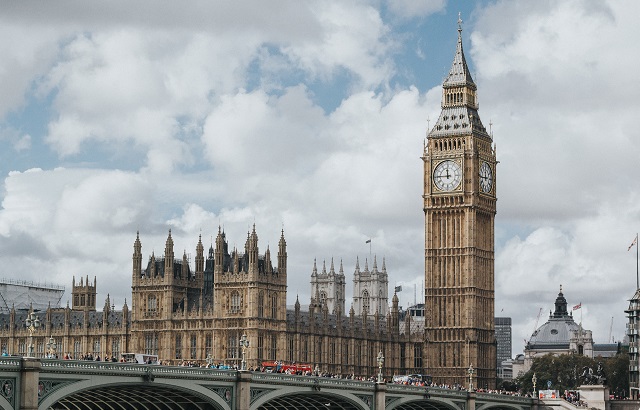The Treasury Select Committee has launched an inquiry to look at the future of UK financial services after the Brexit transition period ends.
It will examine how regulations should be set and scrutinised by parliament, as EU directives will cease to govern rules and legislation.
The inquiry will also consider how watchdogs are funded and the extent to which financial services regulation should be consumer-focussed.
Anyone can submit evidence to the committee until 8 January 2021.
Some of the questions asked by the Treasury Select Committee are:
- What role does Parliament have to play in influencing new financial services regulations?
- How should new UK financial regulations be scrutinised?
- How should financial services regulators be funded?
- How important is the independence of regulators and how might this best be protected?
- How should consumer interests be taken into account when considering potential regulatory changes?
Parliamentary oversight
James Pearcy-Caldwell, chief executive at Aisa Group, said: “Over the last decade, parliament has failed in overseeing or influencing financial regulations largely because the Financial Conduct Authority is a wholly independent body. Even when people write to their MPs over matters of regulation the response is often that they can do nothing.
“This has to change in the future and the regulator, the FCA, needs independent oversight or indeed parliamentary oversight which genuinely questions and influences, and makes the regulator answerable for its actions.
“Perhaps the best way would be to allow the regulator to be subject to civil claims procedure through law courts where it could be challenged. It seems amazing that parliament in the UK can be challenged through the law courts, and yet the regulator cannot.”
‘Regulation Committee’
Les Cantlay, chief risk officer at IWP, added: “Parliament should play a central role in the development of any UK financial services regulations post-Brexit.
“We will still want to be regarded as having an equivalence with Europe but make better use of proportionality where it is sensible to do so. Hopefully, the regulation can trend towards a lighter touch. The UK needs to set up a Regulation Committee which draws on a variety of sources to scrutinise the regulation to ensure that any new objectives are being met.
“We do not see any need to change the methodology for funding the regulator. We would hope that an element of saving can be made from avoiding the need to consult and collaborate with our erstwhile European regulators. The independence of regulators should be maintained and guaranteed by statute, in much the same way as it is more or less guaranteed today.
“Anybody overseeing the development of regulation should have a mechanism of taking on board the views of consumers. Consumers would benefit from being more aware of the costs of regulation which is ultimately borne by them and there should be some optionality.
“Consumer interests should be able to indicate to regulators when they don’t need a certain level of protection, if the costs of doing so are going to outweigh any impact of potential detriment.”








